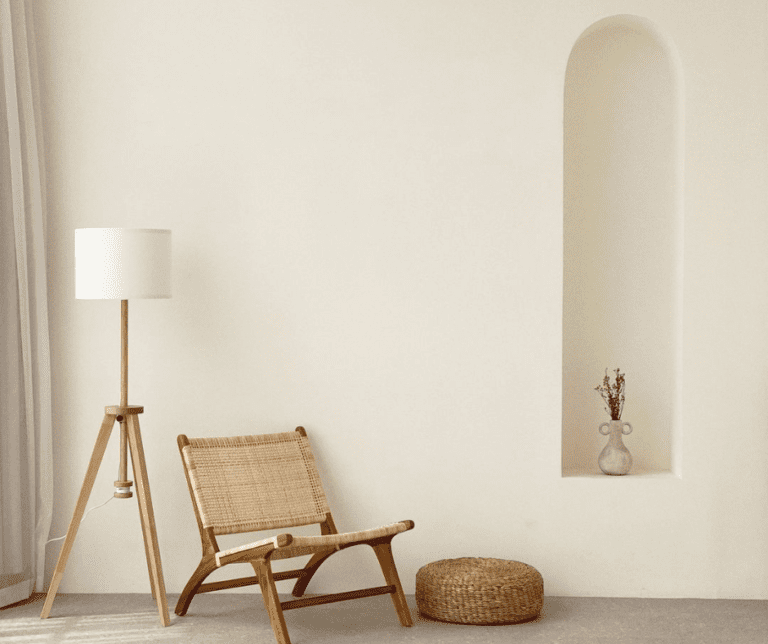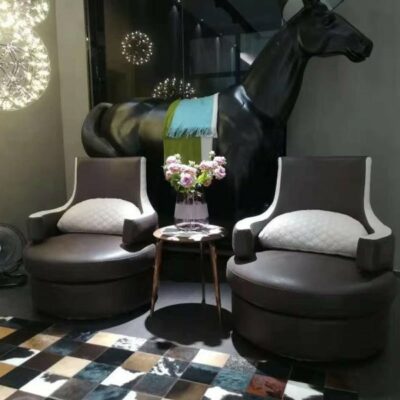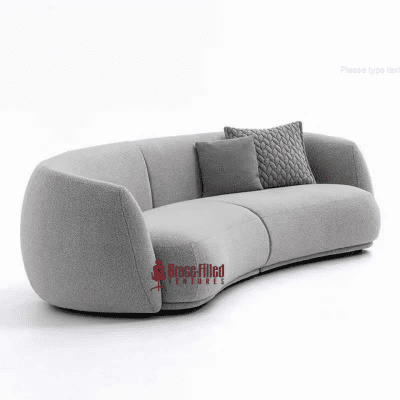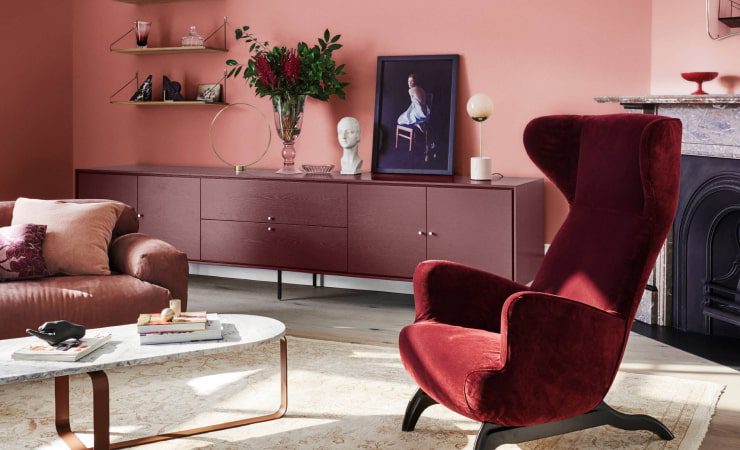- No products in the list
As the world moves towards creating a more sustainable future, the furniture industry is no exception. Embracing a greener philosophy, designers and manufacturers are introducing eco-friendly trends that not only elevate home aesthetics but also promote environmental responsibility. In this article, we delve into the latest trends that are shaping the future of furniture with sustainability at their core.

Reclaimed Whispers: The Beauty of Repurposed Materials
The allure of reclaimed materials in furniture cannot be overstated. Repurposed wood, recycled metals, and other salvaged materials find new life in unique, stylish pieces that tell a story. This approach not only reduces waste but also adds historical depth and uniqueness to modern interiors. Repurposing materials is not just a trend; it’s a sustainable practice that honors the past while conserving the resources of our planet.

The Organic Touch: Natural Finishes for a Safer Environment
Stepping away from harsh chemicals, the furniture industry has seen a significant shift towards natural and non-toxic finishes. The use of water-based stains and paints ensures that furniture is not just appealing but also free from volatile organic compounds (VOCs) that are harmful to both the environment and your health. This commitment to using non-toxic materials is at the forefront of the eco-friendly movement, ensuring that the pieces in our homes are as safe as they are stylish.
Interesting deals

Ethical Crafting: Sustainable Manufacturing
A true mark of sustainably-made furniture includes ethical and eco-conscious manufacturing processes. By implementing practices such as reducing energy consumption, minimizing waste production, and using renewable energy sources, manufacturers are taking significant steps towards reducing their environmental impact. This includes supporting local artisans, which not only fosters sustainable craftsmanship but also bolsters local economies.

Integrating Sustainability with Technology
Forward-thinking furniture now often incorporates smart technologies. This seamless integration enhances functionality while encouraging energy efficiency. Smart furniture can adjust to our needs, reducing energy waste and contributing to a more sustainable living environment. From adjustable smart lighting to furniture that helps monitor energy usage, this trend merges innovation with environmental stewardship.

Space-Saving and Versatility: Furniture for the Future
As urban living spaces become increasingly compact, the demand for multi-functional furniture has risen. Consumers are turning to designs that are both space-efficient and eco-conscious. These adaptable pieces often serve multiple purposes, negating the need for excess furniture and reducing one’s carbon footprint. From sofa beds to transformable tables, these versatile designs are key for a clutter-free and environmentally-friendly living space.
By following these sustainable and eco-friendly furniture trends, consumers and manufacturers alike can contribute to a healthier environment and a greener future. Whether you are furnishing a new home or looking to upgrade your living space, considering sustainability in your furniture choices will make a significant impact on the world we live in.
Sources: Perender.io, Dice.com, Focus.flokk.com, Paudesign.com, Tbsnews.net.



